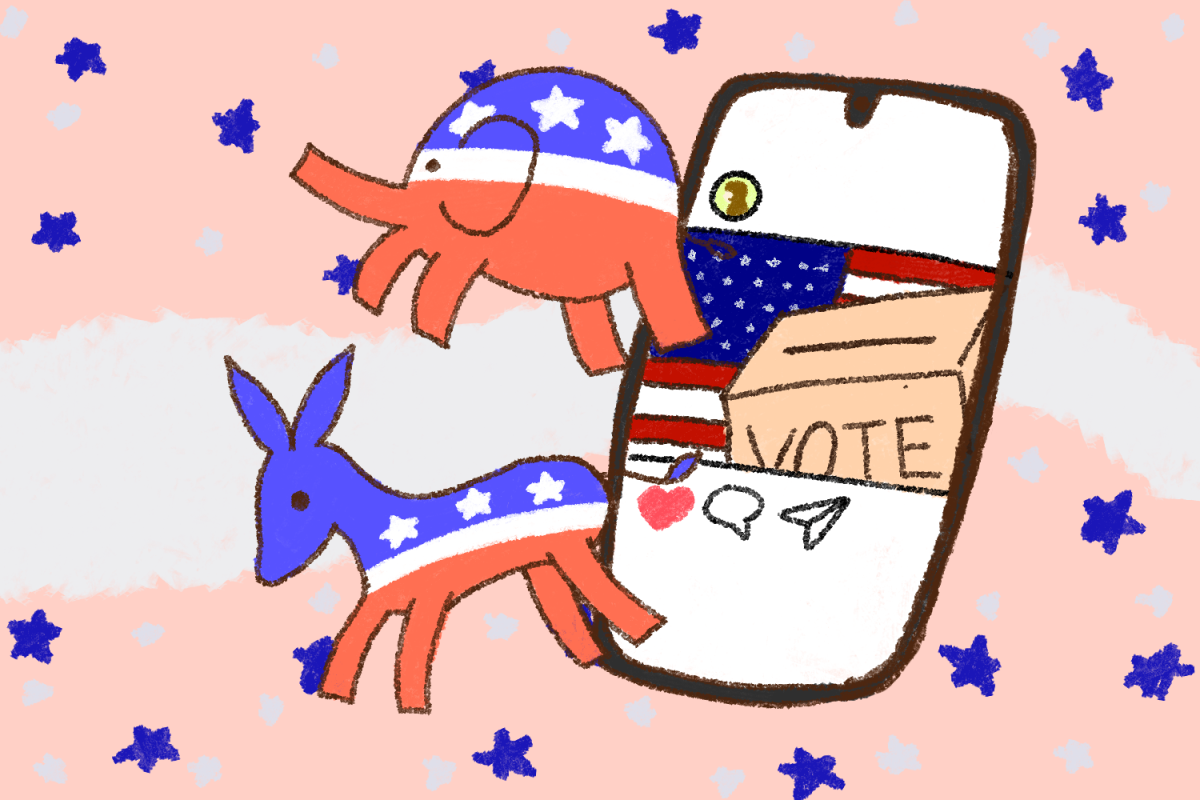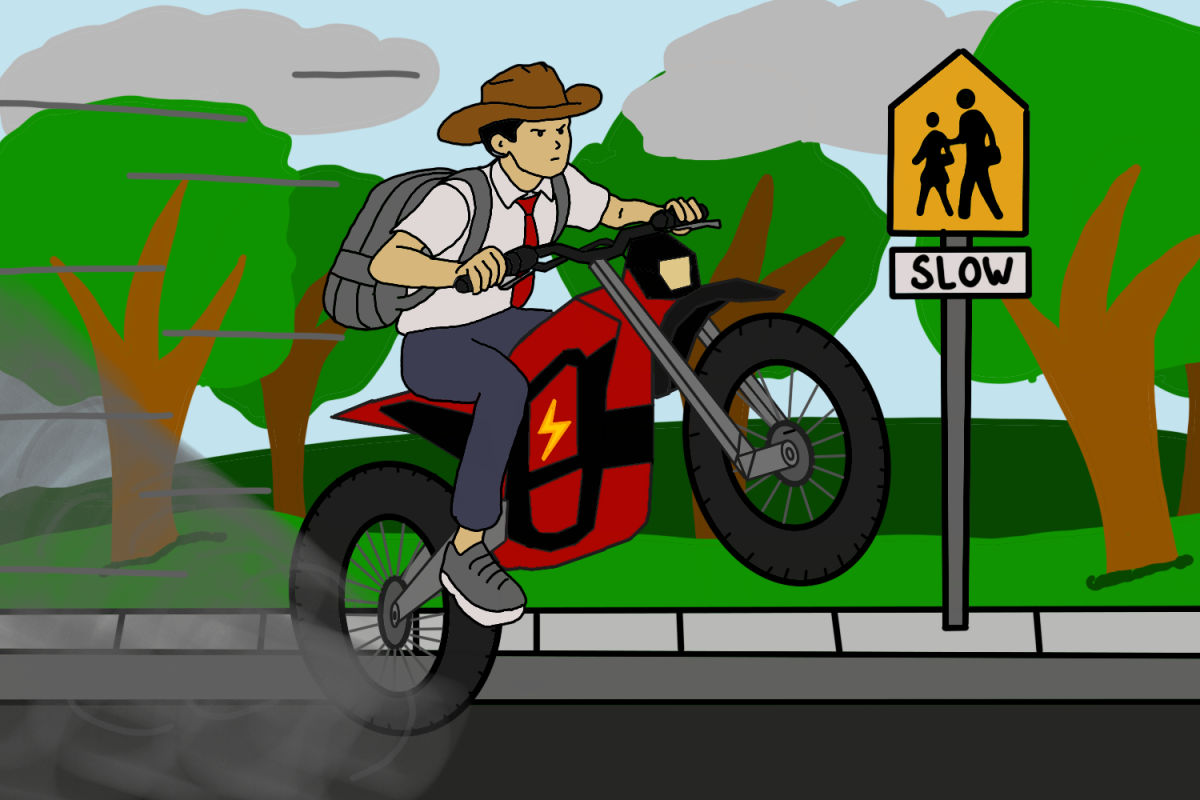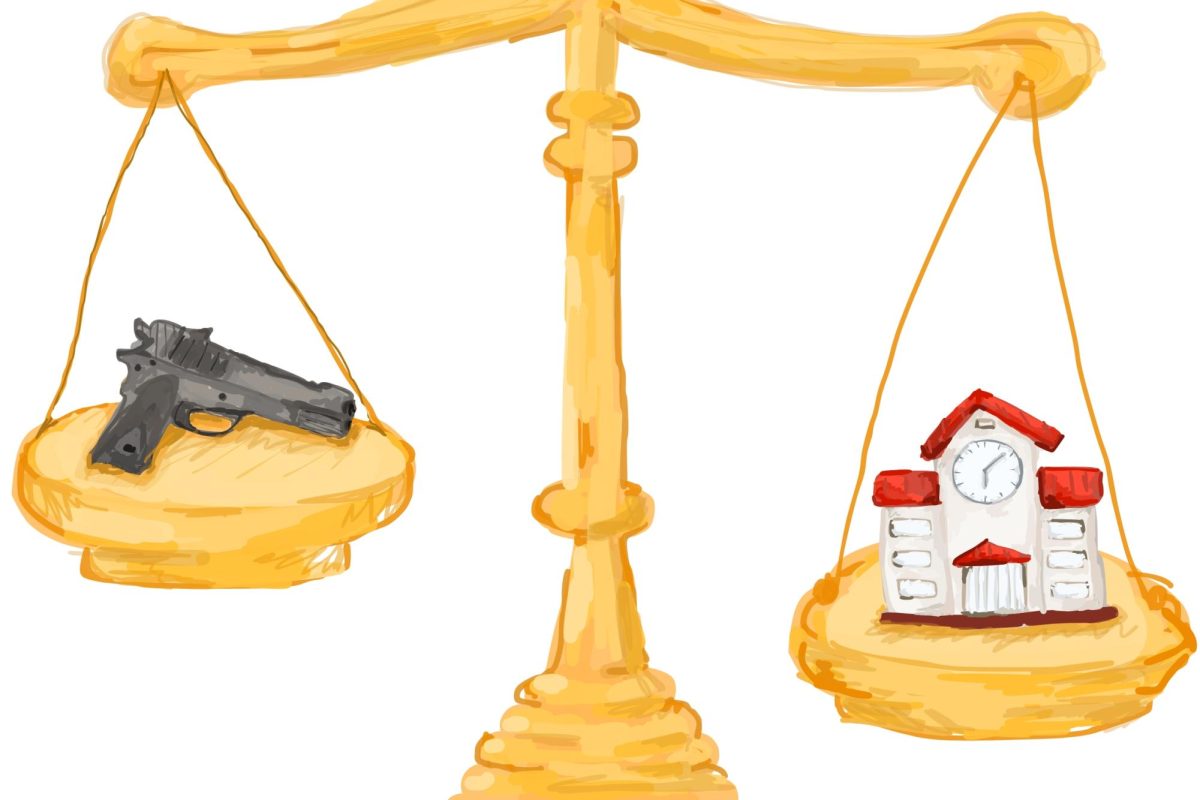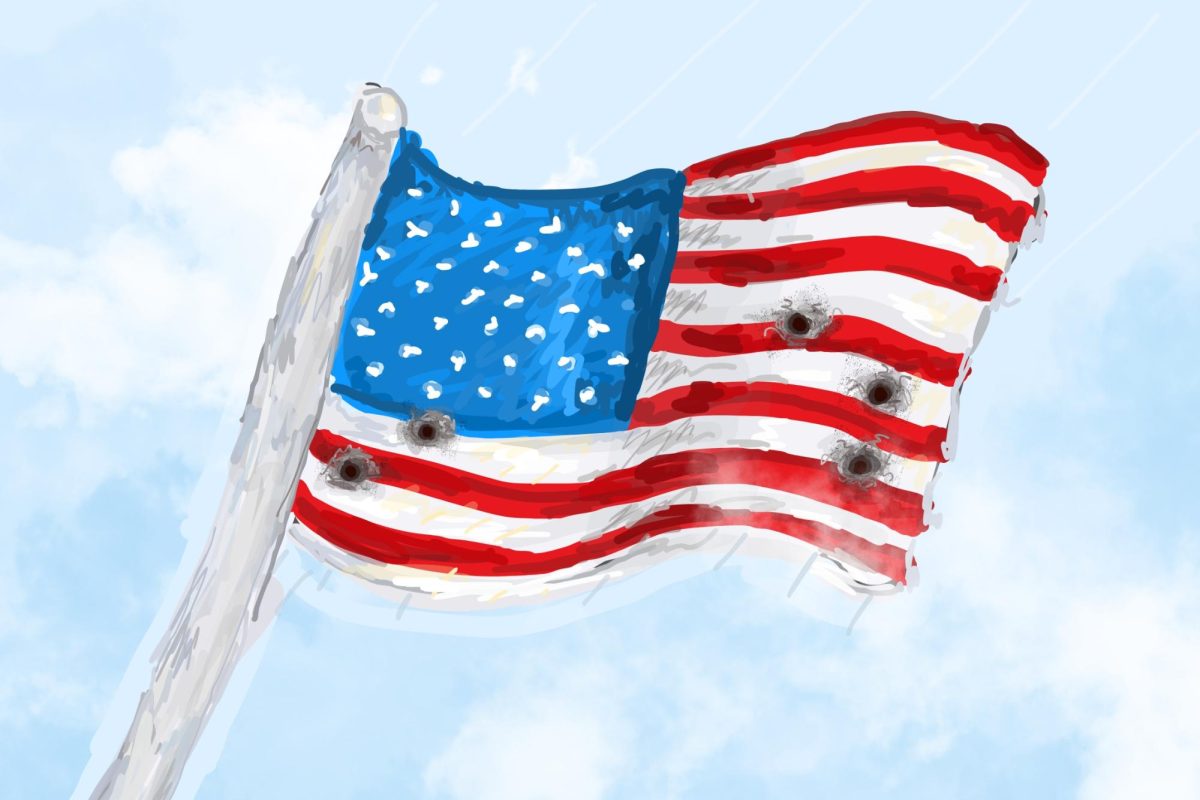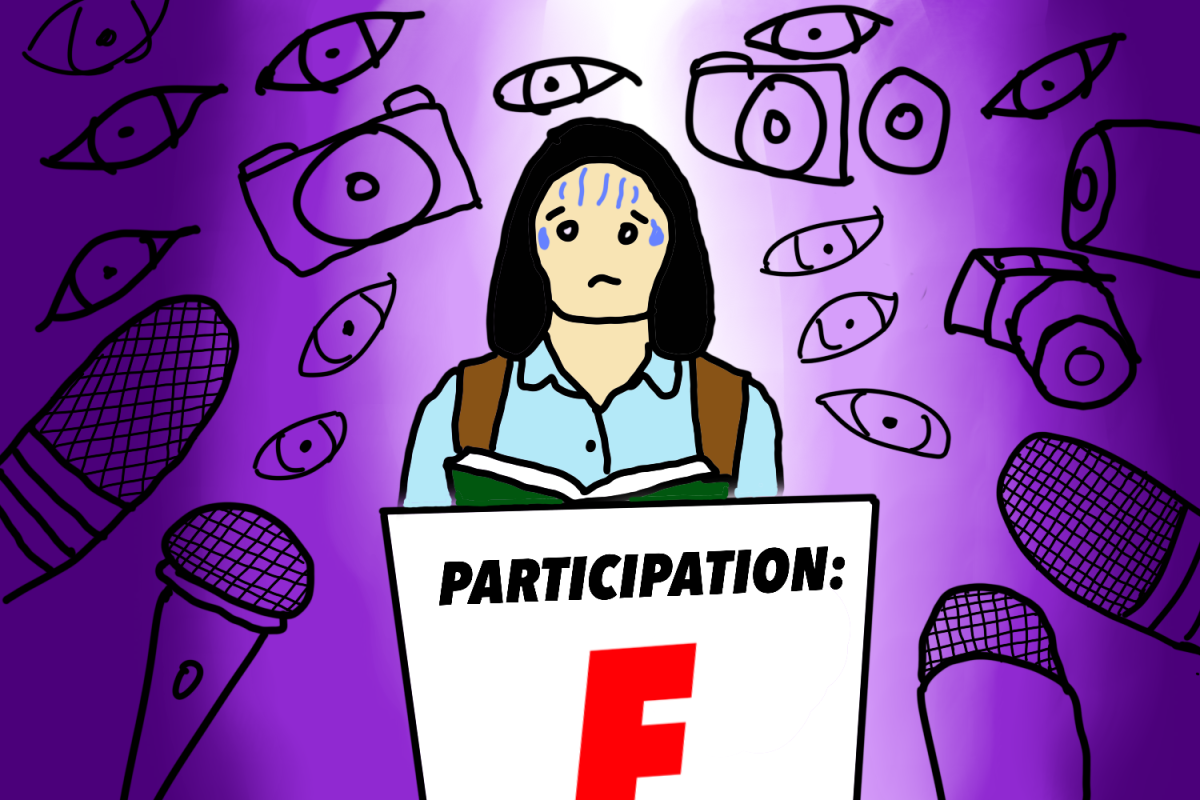In our current age, where social media reigns, celebrity activism has emerged as a significant force in driving civic engagement, making political participation trendy. Celebrities have stepped beyond their traditional roles on the red carpet to encourage their fans to vote, transforming the act of voting into something both exciting and accessible.
This shift was particularly evident at the recent Fashion for Our Future event, which featured Jill Biden and leading American designers advocating for increased voter awareness.
Luxury fashion designer and icon, LaQuan Smith, who made a striking impression at New York Fashion Week, embodied the spirit of unity that fashion and activism can foster by appearing at the Fashion for our Future event.
“What we wear is an expression of who we are. If I can inspire people to be confident in their voice like they are in my designs, then I’m succeeding,” he stated in an interview by Essence Magazine.
His insights highlight the influence of fashion that goes beyond aesthetics; it can serve as a vehicle for encouraging civic participation. By linking personal style to expression in civic matters, Smith illustrates how activism can inspire individuals to take part in democracy when presented in a stylish manner.
Anna Wintour, editor-in-chief of Vogue and Condé Nast, as well as a respected figure and mother in the fashion realm and a committed advocate for voter participation, shared her thoughts at the event. She remarked, “Fashion has always been about setting trends, but now it’s about setting the trend of awareness.”
Her long-standing commitment to voter registration has proven that her influence reaches far beyond the world of fashion. When Wintour addresses voting using social media or her overall presence, she captivates audiences, especially younger ones, making the concept feel vital and engaging by connecting fashion to political discourse.
Beyond fashion, other celebrities are also motivating a culture of voting. Musicians, actors, and influencers have become pivotal in fostering civic engagement.
Ariana Grande, renowned for her vast social media presence, exemplifies how celebrities can make political participation more accessible. During Grande’s involvement in the #VoteWithAriana campaign during the 2020 U.S. presidential election she expressed, “I want my fans to see that voting is cool, not just a duty.”
Her strategy is straightforward: she aims to infuse excitement into voting, transforming it from a mere obligation into a desirable activity. With her considerable reach, Grande shifts political dialogue into cultural conversations, making it relatable for younger audiences, thus encouraging them to participate in voting. One time she has done this was when she used her wide influence to guide her young listeners into voting for Kamala Harris, when she endorsed the current vice president.
While celebrity activism has gained widespread support, some critics argue that it can sometimes oversimplify intricate political matters, reducing them to ‘catchy’ or viral moments. There are concerns that celebrity-driven initiatives may overlook the complexities of political engagement. However, during the 2020 U.S. presidential election, there was a notable rise in young voter participation, along with many new studies that found that many attribute their motivation to the influence of celebrities and social media campaigns. You can see this a lot as celebrities, more and more had endorsed and sided with a certain political party or specific person who ran for president this election, however many more of the bigger, influential celebrities did not get their way. A lot of celebrities endorsed Kamala Harris, a lot more than Trump, so to see it not going their way is shocking. This year, you can observe this when Beyoncé, Taylor Swift, and Oprah Winfrey endorsed Kamala Harris, and Ye, Elon Musk, and Dr. Phil endorsed Donald Trump.
The real power of celebrity activism lies in its capacity to engage younger audiences in environments where they are already involved. Gen Z and Millennials are more likely to see a post about voting from their favorite artist or designer rather than traditional political advertisements. Celebrities create a sense of empowerment around voting, transforming it from a civic duty into a personal choice.
In conclusion, the influence of celebrity activism on voter awareness is significant. Whether through fashion, music, or social media, these public figures are reshaping how young people connect with politics. Celebrity voices will keep making an impact as voting feels not only stylish, but also impactful—turning it into a movement that resonates with younger generations.

